Master of Business Administration commonly known as an MBA is between 12 months to 2 years in Australia. Many famous universities of Australia have also begun to offer one-year MBA programs to students such as the Melbourne Business school, University of Queensland, and University of Western Australia
There are certain requirements to study for an MBA in Australia such as a bachelor’s degree, some valid work experience, and a good GMAT score. Australian Universities oblige aspirants to have consistent academic scores in high school and bachelor’s level programs. However, eligibility criteria may vary from University to University.
In this blog, we will discuss the best MBA Universities in Australia that can be considered by you, with other factors such as future career opportunities and salary Post-MBA.
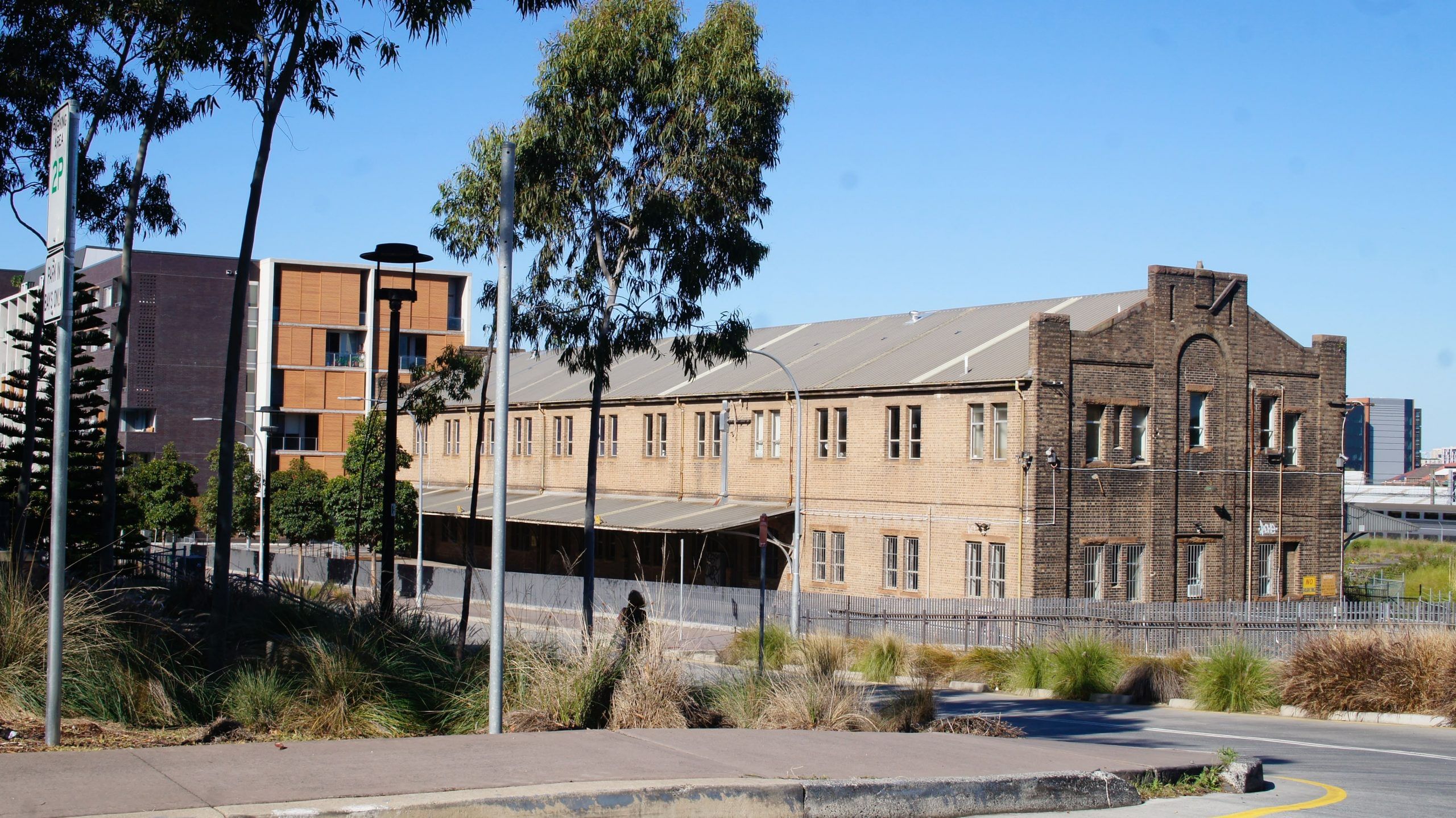
1. Melbourne Business School
So we start with one of the top-most universities of MBA in Australia, the Melbourne Business School, the 12-month MBA program at Melbourne Business School marks students spend 38-40 hours a week on campus, apart from that there is also some additional study time out of class. There are around 15 core modules divided over three terms, incorporating data analysis, marketing management, and global business economics.
Students at the University also complete six elective modules, which diversify year to year but may incorporate brand management, consumer behavior, and corporate strategy. MBA students also get a chance to go on a field trip to Asia for the mandatory Business in Asia module, taking advantage of Australia’s proximity to the continent. The tuition fees of a full-time MBA is somewhere around $89,500 and may vary every year.
There are also options provided to students to take up an exchange program with international partner schools that includes The Kellogg School of Management at Northwestern University, HKUST Business School, or The Fuqua School of Business at Duke University.
2. Australian Graduate School of Management (UNSW)
The 16-month program offered by the Agsm attained the second-highest score in the region for thought leadership and the joint highest for diversity.
The MBA program is composed of nine core courses completed over two terms, beginning with the intense two-week core course called Foundations of Management. Apart from that, other core courses incorporate entrepreneurship and innovation, corporate finance, and accounting.
You can then personalize your MBA experience by completing seven elective courses over a maximum of two terms. Elective courses offered in the program include venture capital finance, business modeling, and strategies for growth. AGSM also provides the opportunity to undertake an international exchange program during stage 2 at one of AGSM’s 28 partner schools, incorporating London Business School, The Wharton School, and ESADE Ramon Llull University. The tuition fees for an MBA is around $87,820 at the Australian Graduate School of Management.
AGSM provides professional and academic support as well, with study skills workshops and career mentoring programs. The most interesting ‘Meet the Executive’ series of the University offers exclusive behind the scenes business insights with global business leaders.

3. Monash Business School
Another most popular and one of the best MBA Universities in Australia is Monash Business School has attained great scores for diversity and ROI, with students who have achieved a degree possessing an average post-graduation salary boost of 76 percent.
The 22-month program includes intensive blocks, weekend and evening lectures to empower students to work while studying. Additionally, an international student visa allows Monash MBA students to work up to 20 hours a week.
The program at Monash University is built around four core modules that are Foundation, Innovation, Transformation, and Globalization. Each module includes an administered consulting project with business partners, providing real-world application of the topic.
Monash provides an extraordinary nine MBA specific scholarships. Some of them are the Women in MBA (WiMBA) Scholarship, MBA Leadership in Emerging Economies, and the MBA Sustainable Enterprise Scholarship.
4. The University of Queensland Business School
The University of Queensland Business School provides an MBA program that has an average duration of 18 months but also has three MBA study options. The accelerated program can be completed in a duration of 12 months in intensive blocks and is the only format available for international students. The well-known streamlined option can be completed over 24 months along with work commitments, incorporating weekend and evening classes. Finally, the manageable option can be tailored around work and personal commitments, including weekday, weeknight, and also weekend study options provided for students.
Students can expand their horizons by spending two to five weeks at one of the University of Queensland Business School’s international partner institutions, enhancing their MBA experience and gaining credit towards the degree. Partner schools incorporate the Harvard Business School Summer School, Copenhagen Business School, and ESSEC Business School.
UQ Business School’s Social Economic Engagement Program was composed for MBA students, providing them the opportunity to apply classroom learning to challenges and facing the not-for-profit sector.
5. Macquarie Business School
The program offered by Macquarie Business School attained the joint highest score in the Oceania region for diversity, with far more international than domestic students and near gender equality in terms of both students as well as the faculty.
Students can choose the mode of study whether online or offline, at the North Rye or Sydney campus, or at Macquarie’s international campus in the business center of Hong Kong.
The MBA can be completed in two years as a full-time program or there is also the option of a program fitted around professional and personal commitments that is part-time over three or four years via weekly lectures, block classes, or online interactive classes.
The program is composed of 16-course units, incorporating 10 foundation units and six elective units chosen from a range of over 40 options. Core units incorporate marketing management, strategic frameworks, and operations management.









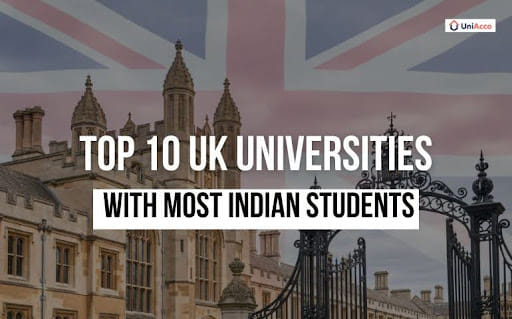

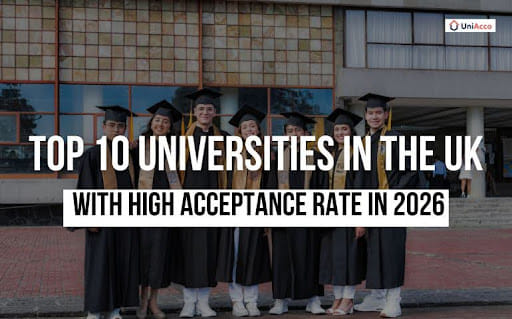
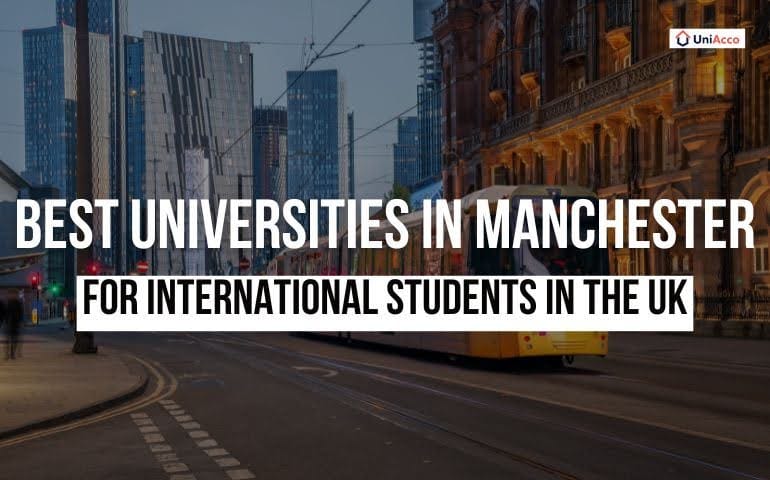

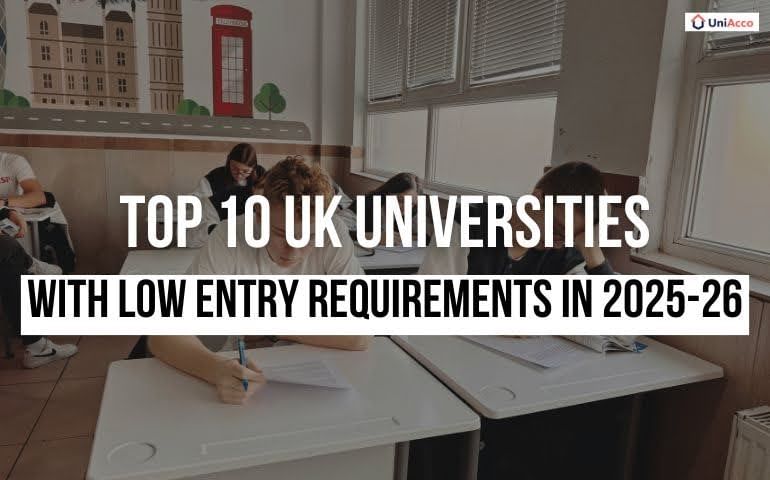
I comprehend the manner frightening the matter strikes as soon as fluid puts your house along with kin’s convenience in risk.
However you continue by no means on your own.
We will be around in order to shield the dwelling along with that kindness regarding their family living, functioning thoughtfully along with securely so that the whole yourself cherish stays intact.
The group responds promptly toward halt devastation and avert spores, giving somebody peace belonging to spirit.
In addition with our all-day service, somebody constantly maintain a helper beside one’s position — equipped aiming to aid you keep their household secure plus yours property supplied in convenience.
Find peace in your home – Call: 8338561951
personally grasp how alarming the matter appears when liquid places your house plus relatives’ comfort into hazard.
However you’re in no way alone.
We’re ready so as to defend your property as well as such affection relating to the kin living, acting carefully along with safely so everything one love keeps undamaged.
Such staff responds quickly to stop harm and stop fungus, granting somebody relief regarding thought.
Also together with such round-the-clock aid, someone forever maintain a person close to yours company — ready in order to support one maintain your relatives safe together with the house filled in ease.
Find peace in your home – Call: 8338561951
Save effort, escape pressure, and obtain own perfect revamp completed properly by approved area builders.
Click here right now!
+
Save energy, prevent strain, and obtain your visionary revamp completed flawlessly via trusted nearby experts.
Click here right now!
+